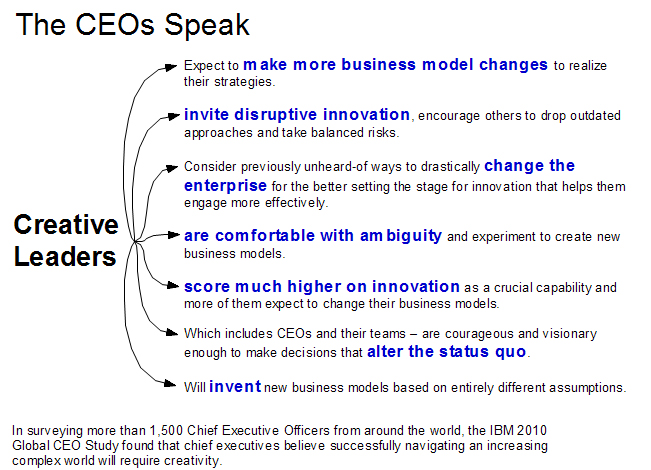Living in cities can be challenging, exhausting and exhilarating all at the same time. Some of us love it. Many don’t.
\r\nHow can the church flourish (or even survive) in the modern city, when everyone has so little time and energy for anything but the day-to-day business of staying solvent and sane? In fact, one of the ironies of city churches is that while cities exist because they offer an efficient consolidation of resources, one of the features of many city or urban churches is that they are paired down to the minimum because resources are scarce. I know this having spent all my life in churches serving cities – either city centre, or inner city, or the urban poor.\r\n\r\nAnd yet, one of the hallmarks of the Kingdom of God is growth leading to fruitfulness. It is not scarcity leading to barrenness.\r\n\r\nWhat’s the problem?\r\n\r\nWell, there are lots of problems, but a significant one is that we do not invest enough time in understanding the nature of the urban context in which we witness and worship.\r\n\r\nIt is my firm belief based on years of observation that our praxis (how we act) is weak because our understanding of our context is poor and so our application of theology to our context is immature. I once wrote this:\r\n\r\n“… questions such as …\r\n
… what is this context … how is it formed … how does it form its people … what are its symbols and motifs, its myths and images, and how do they shape the community living amongst them?
\r\n
… help unravel our context. When informed by our theology they lead us to the key questions both the urban theologian and the local Christian want to answer:
\r\n
“where is God in this context, where does He want to be, and therefore, what should we do?”
\r\nThe praxis of urban life is the concern of the poor, the voiceless, the young, the old, of everyone from the makers of history to the inhabitants of shabby cityscapes. Every participant in an urban context is formed by it in some way … It becomes imperative that somewhere within the urban faith community there should be theologians fully engaged with context to interpret it in the light of their learning.\r\n\r\nSo I’m wondering, how many churches have employed theologians, and maybe anthropologists, historians, sociologists, to help them interpret their context?\r\n\r\nFor those that are interested in how this applies to an inner city context see Experiments in Praxis.\r\n\r\nor click on the icon …\r\n\r\n\r\n\r\n \r\n

